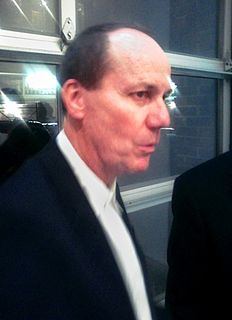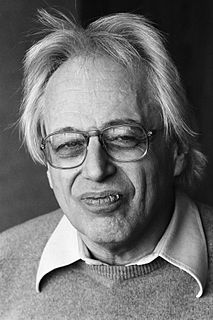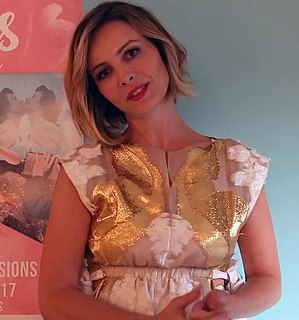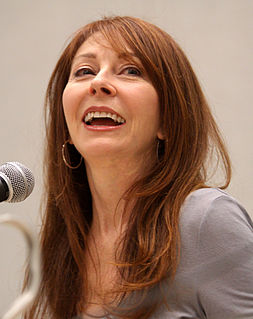A Quote by Richard Prince
It's interesting how people who were once fairly radical can become, later in life, kind of conservative and not just in terms of politics - how if you're an artist, you can start out being somewhat avant-garde and then end up doing landscapes. Sometimes the opposite can happen, but it's usually the other way around.
Related Quotes
The avant-garde has always existed throughout the history of mankind. The good things from the avant-garde last and eventually, after many years, become tradition and people forget they were ever part of the avant-garde. The kitchen is a living discipline, always evolving, and there will always be cutting edge things that over the years, ends up being part of tradition.
More than one branch of the avant-garde, claiming to break with the bourgeois vision and mode of production, remains tied to it in spite of its denials and ex-communications. We are far from having overcome bourgeois thought or practices, despite the socialist "intermission" between the Russian revolution and the collapse of the Berlin wall. The avant-garde has lost its radical nature. On the other hand, "bourgeois theatre" is sometimes subtle enough to flirt with the avant-garde or to make "intelligent boulevard theatre.
Once you start to ask patients about their priorities, you discover what they're living for. Once you uncover that, it helps you, as a doctor, decide what to fight for. And when we do that, we often end up identifying limits to the kind of care that people want. One's assumption is that these people are going to live shorter lives, but what we're doing is protecting quality of life. In doing so, you sometimes end up helping people live longer. Certainly, you help people live better days and with more purpose in their lives.
I don't believe in marriage. I think at worst it's a hostile political act, a way for small-minded men to keep women in the house and out of the way, wrapped up in the guise of tradition and conservative religious nonsense. At best, it's a happy delusion - these two people who truly love each other and have no idea how truly miserable they're about to make each other. But, but, when two people know that, and they decide with eyes wide open to face each other and get married anyway, then I don't think it's conservative or delusional. I think it's radical and courageous and very romantic.
People think being Elvira is a lot of fun - and it is - but I was doing a lot more bizarre stuff before then, just being a dancer and a showgirl and traveling around Italy in a band and working for Playboy Club, and later being a model and meeting a million and one people and being kind of a groupie... It's all been really interesting.
I am an artist, and I understand the pros and cons of being an artist, and the pressures of being an artist, and how much being an artist can be torture to people around you; you know, you friends and your family and how material you can be, and how it's hard to take criticism and all the things like that.
My greatest influences are actually probably a set of different teachers. And these teachers, most prominently at my high school, but also a few others, helped kind of instill in me, thinking thoughts about how life is meaningful in terms of how we all kind of live in a network of people and how you interact with those people is part of what makes life essentially meaningful and then kind of concepts to think about, how do you add value to other people's lives? How do they add value to yours? And how do you kind of form a community together in the network?







































